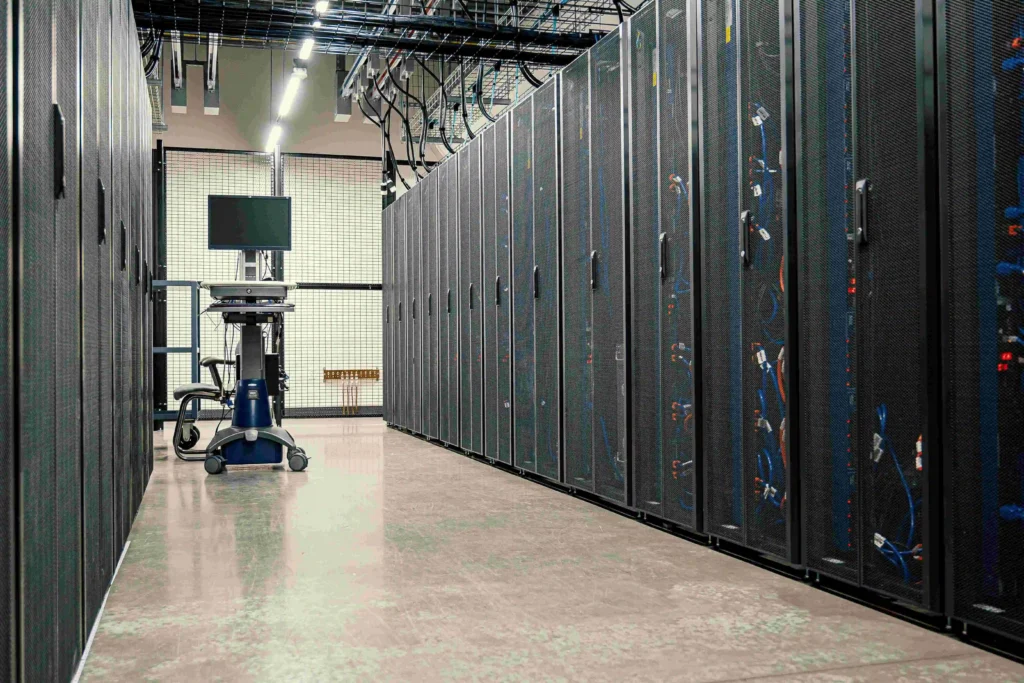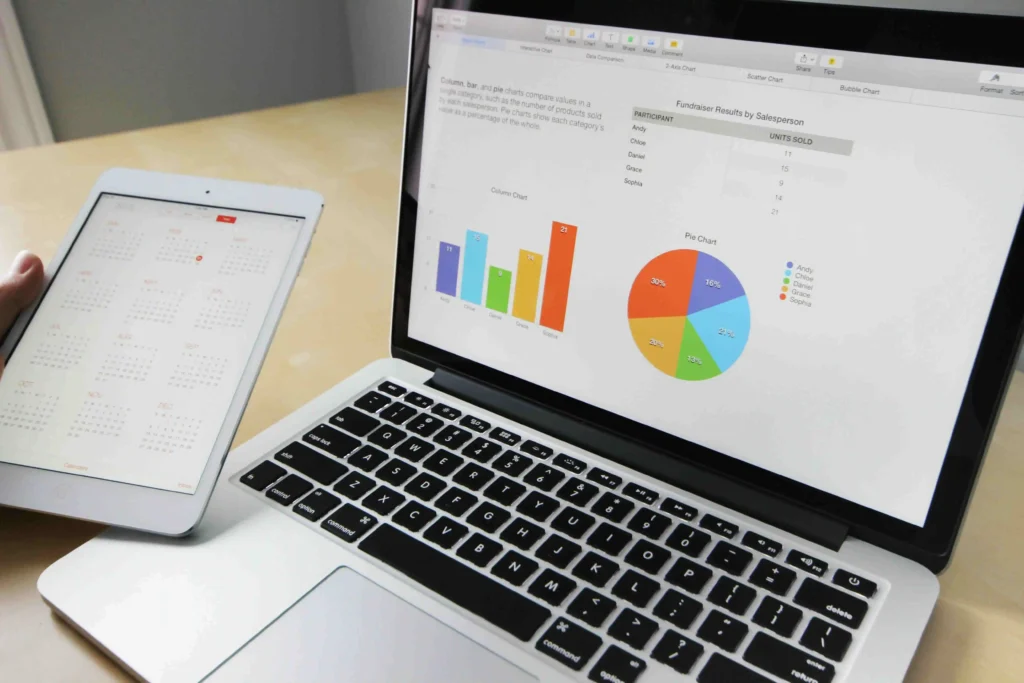Generative AI at Work: 2025 Predictions
The year 2024 has witnessed an explosive growth in generative AI, transforming various sectors, and the workplace is no exception. From automating tedious tasks to fostering creative breakthroughs, its impact is undeniable. But what does the future hold? Looking ahead to 2025, we can anticipate even more profound changes in how we work, thanks to the continued evolution of generative AI. This post explores key predictions for the integration of generative AI in the workplace by 2025.
Increased Automation and Efficiency
One of the most immediate impacts of generative AI will be a significant increase in workplace automation. Repetitive tasks, such as data entry, report generation, and email correspondence, will be largely handled by AI-powered tools. This frees up human employees to focus on more strategic and creative endeavors. We’ll see a shift towards human-AI collaboration, where humans oversee and guide AI systems, ensuring accuracy and ethical considerations.
Expect to see:
- Wider adoption of AI-powered assistants capable of scheduling meetings, managing calendars, and prioritizing tasks.
- Enhanced automation in customer service, with AI handling initial inquiries and routing complex issues to human agents.
- Increased use of AI for data analysis and reporting, providing more insightful and actionable information to decision-makers.

Enhanced Creativity and Innovation
Generative AI isn’t just about automation; it’s also a powerful tool for boosting creativity and innovation. Imagine AI assisting designers in creating new product concepts, generating marketing copy that resonates with specific audiences, or even composing music and writing scripts. The possibilities are vast. 2025 will likely see a significant increase in the use of generative AI for these creative purposes, leading to faster product development cycles and more engaging content.
Examples include:
- AI tools generating personalized marketing campaigns tailored to individual customer preferences.
- Designers utilizing AI to explore multiple design iterations and rapidly prototype new products.
- Writers and content creators leveraging AI to overcome writer’s block and generate fresh ideas.
Improved Personalized Learning and Development
Generative AI has the potential to revolutionize employee training and development. AI-powered platforms can create personalized learning paths, adapting to individual learning styles and paces. This personalized approach can lead to improved employee engagement and faster skill acquisition. Furthermore, AI can provide real-time feedback and support, ensuring employees receive the help they need when they need it.
Addressing Ethical Concerns and Bias
While the potential benefits are significant, it’s crucial to address the ethical considerations surrounding generative AI. Bias in training data can lead to unfair or discriminatory outcomes. Ensuring fairness, transparency, and accountability in AI systems will be paramount. 2025 will likely see a greater focus on developing and implementing ethical guidelines and regulations to mitigate these risks. This includes rigorous testing and auditing of AI systems to identify and correct biases.
The Rise of AI-Specific Job Roles
The integration of generative AI into the workplace will also lead to the emergence of new job roles focused on AI development, implementation, and management. We can expect to see an increase in demand for AI specialists, data scientists, AI ethicists, and prompt engineers. These professionals will be responsible for building, maintaining, and overseeing the ethical use of AI systems within organizations.
Challenges and Considerations
Despite the numerous benefits, the adoption of generative AI will also present challenges. One major hurdle is the cost of implementing and maintaining AI systems. Organizations need to invest in the necessary infrastructure and expertise. Another challenge is the potential for job displacement. While AI will create new jobs, it’s important to manage the transition carefully, providing retraining and reskilling opportunities for affected employees. Data security and privacy also remain significant concerns.
Looking Ahead
The predictions outlined above paint a picture of a workplace significantly transformed by generative AI in 2025. However, the actual impact will depend on various factors, including technological advancements, regulatory frameworks, and societal acceptance. Navigating the ethical implications and addressing potential challenges will be critical to realizing the full potential of generative AI while mitigating its risks. The successful integration of generative AI will require a collaborative effort between businesses, policymakers, and employees to ensure a future where AI augments human capabilities and creates a more efficient, productive, and equitable workplace.





